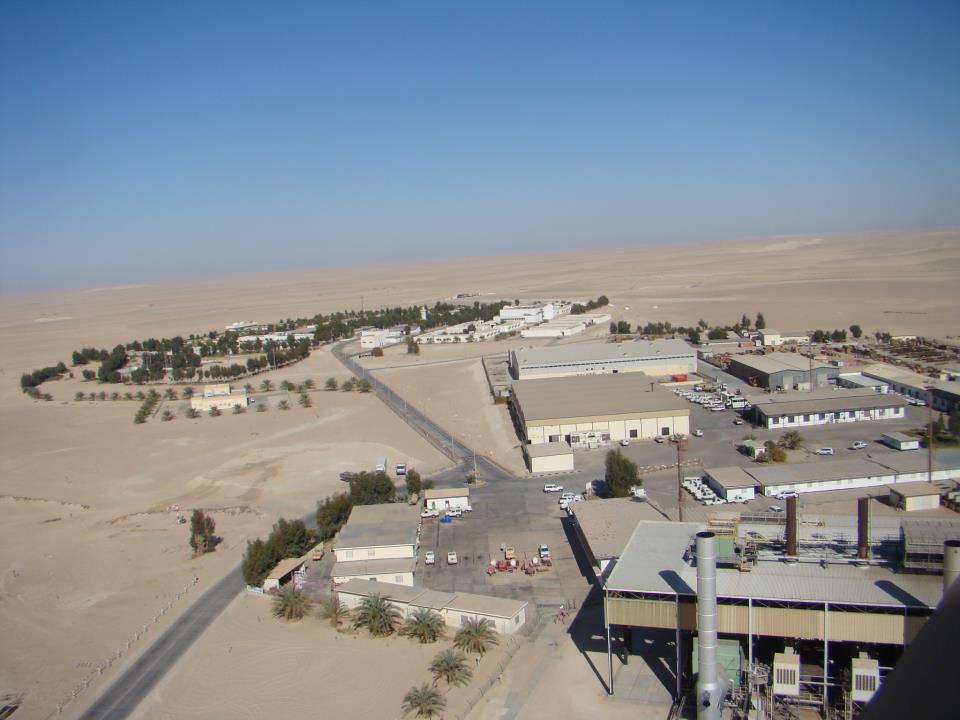By Libya Herald reporter.
Tunis, 5 April 2015:
In a major unprecedented move, the Libyan government, the government of the House of Representatives (HoR), . . .[restrict]the only internationally recognised parliament in Libya, has authorized the National Oil Corporation to open a new bank account in the U.A.E. and start exporting crude oil.
The Abdullah Thinni government decision, revealed Saturday evening by the official pro HoR LANA news agency, permits the NOC to start ‘‘bartering’’ crude oil and its byproducts in order to cover the costs of Libya’s essential needs.
Moreover, the unprecedented decision by the Thinni government also authorizes the NOC to start negotiating with existing contracted companies, or new companies to be contracted with, on terms that will lead to contracts that guarantee the rights and interests of the (legitimate) state of Libya.
It will be recalled that the HoR and its Thinni government have been trying for some time to break-away from the existing status quo and redirect crude oil revenues directly into the HoR-recognized NOC and Central Bank of Libya (CBL) accounts based in eastern Libya – and away from the NOC and CBL accounts based in Tripoli and under the nominal control of the GNC-Libya Dawn forces.
The internationally recognized authorities of Libya based in Tobruk and Al-Beida, have been making attempts at the UN to allow them access to oil export revenues in order to meet the country’s pressing demands as well as to army their recognized Libyan National Army (LNA) and in order to face off the terrorist threat.
The demand for a change in the status quo is based on the fact that the Tobruk/Al-Beida authorities see themselves as the only legitimate powers in Libya.
The move to set up a new parallel NOC account to that under the control of the Tripoli-based NOC to receive oil revenues presumably from oilfields based in the east of Libya, sets a dangerous precedent in that it begins to institutionalize the practical – de facto – division of Libya and will present the international community, and international oil companies with production in Libya, with a new dilemma. [/restrict]







